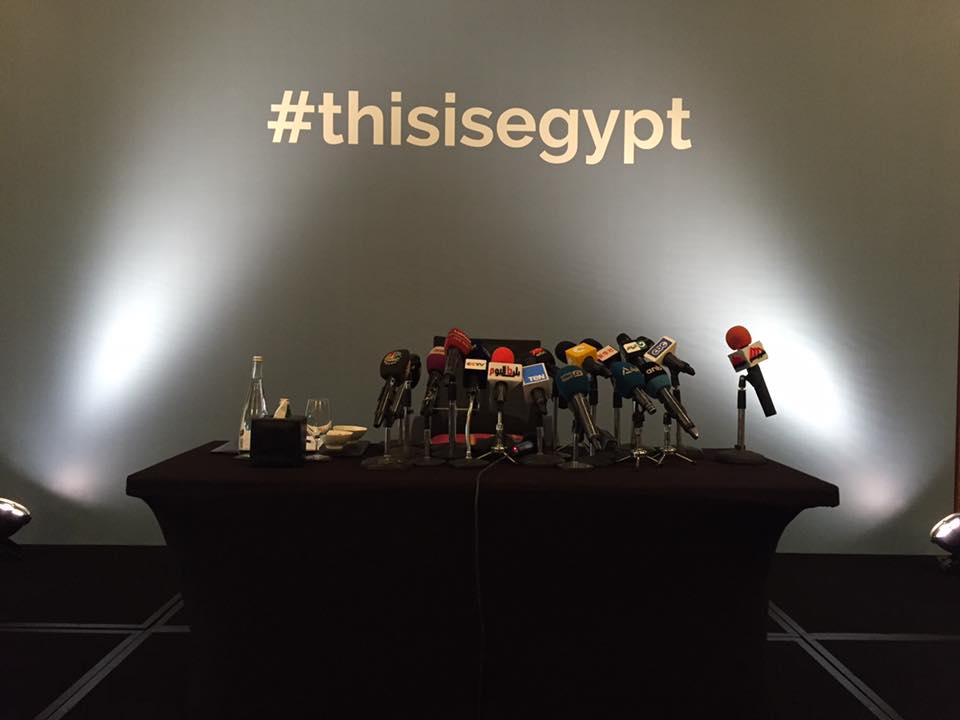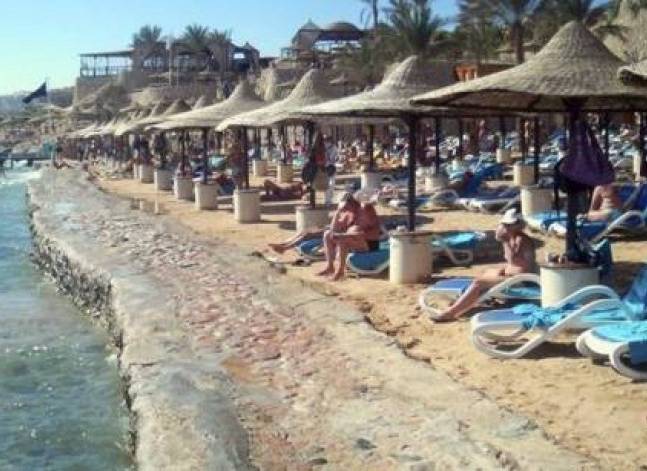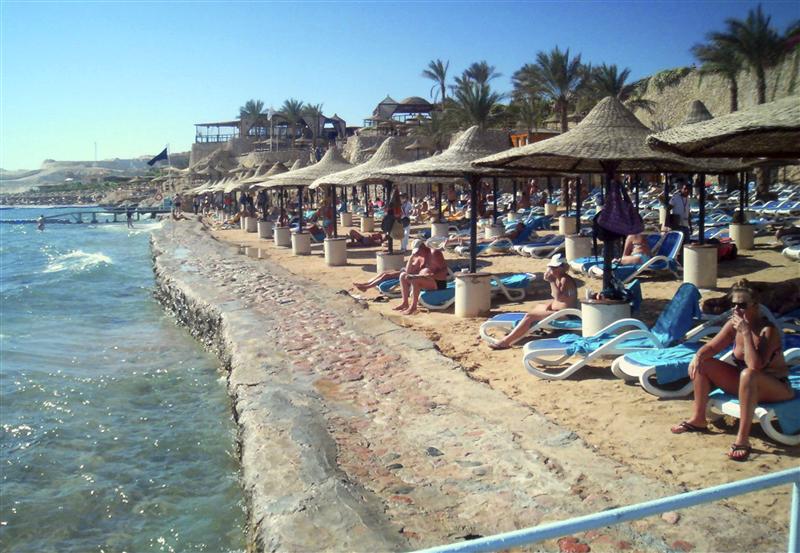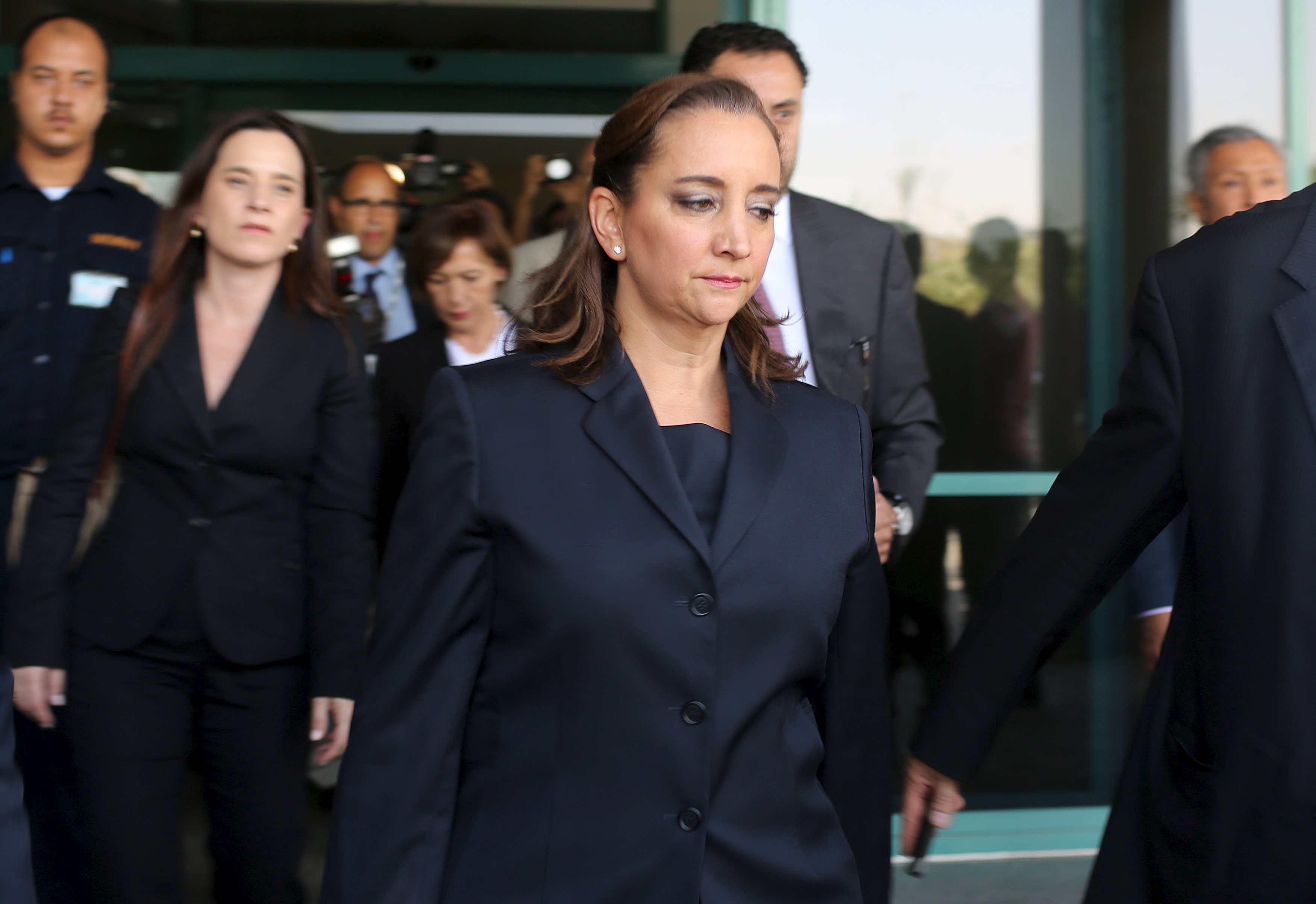Latest NEWS
- Aswat Masriya, the last word
- Roundup of Egypt's press headlines on March 15, 2017
- Roundup of Egypt's press headlines on March 14, 2017
- Former Egyptian President Hosni Mubarak to be released: lawyer
- Roundup of Egypt's press headlines on March 13, 2017
- Egypt's capital set to grow by half a million in 2017
- Egypt's wheat reserves to double with start of harvest -supply min
- Roundup of Egypt's press headlines on March 12, 2017
Tourism ministry not to accept applications for new tourism companies
CAIRO, Mar. 1 (Aswat Masriya) - Egypt has extended its decision to stop accepting applications for private tourism companies for the coming year because "there is no need for them at this time," tourism minister Hisham Zazou announced on Tuesday.
The minister had issued a decree last June to temporarily put on hold applications for the establishment of a variety of tourist companies because "the country does not need them," the ministry said at the time.
The president of the Egyptian Federation of Chambers of Tourism (EFTC), Ilahmi al-Zayat supported Zazou's decision and told Aswat Masriya that, "although I did not know about the decision earlier, it is very good," he said, adding that this is especially as the number of tour companies at the moment is very large.
According to al-Zayat there are currently over 2,400 tour companies in Egypt, including 140 companies working on attracting tourists from abroad, while the rest focus on internal religious tourism amongst Egyptians.
This is a very large amount given that there is very little tourism in Egypt after the Russian plane crash that killed over 200 tourists in Sharm El-Shiekh last October midst an already deteriorating tourism industry, added al-Zayat.
Egypt's prime minister, Sherif Ismail said on state-television on Monday that tourism revenues fell by $1.3 bln after the plane crash.
Last December, Zazou launched the "This is Egypt" campaign in an effort to dispel what he views as a negative impression of tourism in Egypt.
Egypt is currently trying to revive its tourism sector, which was a main source of income in Egypt until a popular uprising which toppled former President Hosni Mubarak's regime in 2011 triggered five years of political turmoil, taking its toll on the sector.
The state, which is currently battling a wave of insurgency, said in April it expects revenues from the tourism sector to reach $26 billion by 2020, as it implements a strategy to increase the number of tourists annually to 20 million.
Despite the instability, tourism contributes with 11.3 percent of the gross domestic product and is the source of 7 percent of foreign currency, the government said in April.















